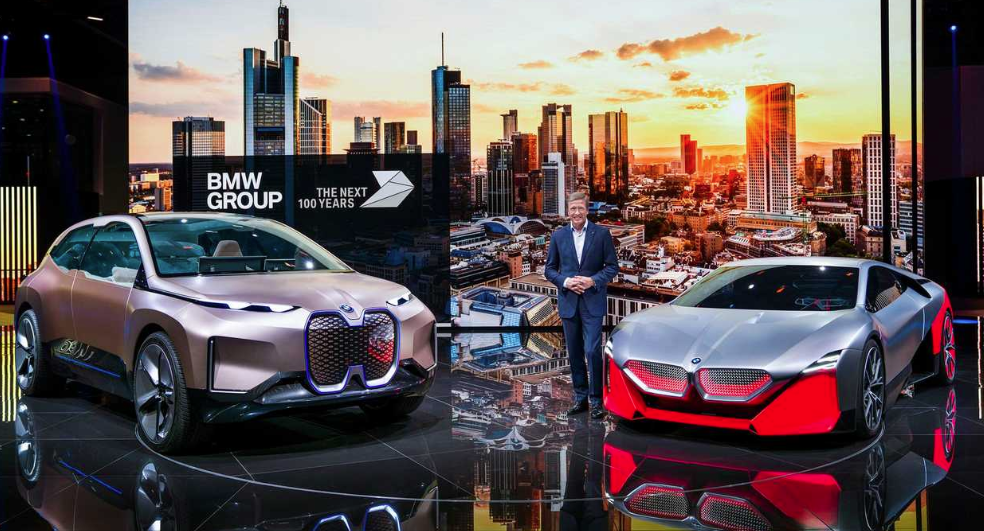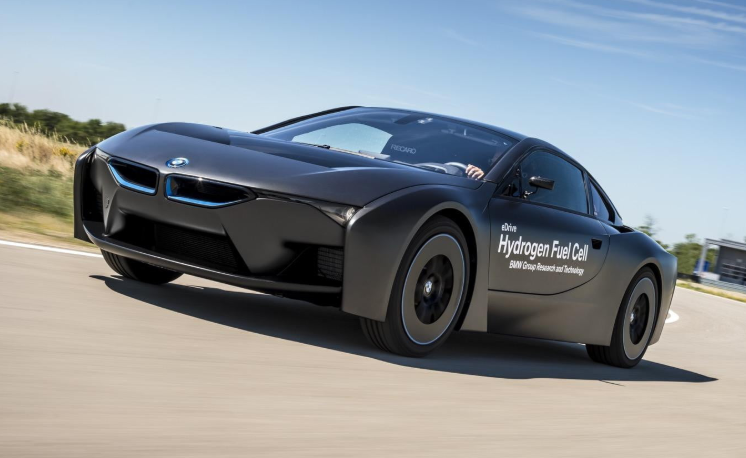BMW Targeting 1 Million Plug-In Vehicles On The Road By 2021
As if Elon Musk wasn’t having enough of a breakdown over the release of the Porsche Taycan this month, it now looks like he’s going to have BMW to deal with – in relatively short order.
BMW is now targeting having over 1 million plug-in electric vehicles on the road by 2021, according to InsideEVs. The company is currently approaching 500,000 PHEV and BEVs sold and should surpass that number over the next several months.
Its new goal of 1 million EVs sold was announced by the company’s CEO, Oliver Zipse, at the 2019 Frankfurt Motor Show. At the show, he claimed that BMW is already the top plug-in company in Germany and that 3/4 of the company’s sales in Norway are plug-ins.
Zipse stated:
“By the end of 2021, we aim to have a total of one million electrified vehicles on the roads. We are already right at the forefront of electromobility. No manufacturer has delivered more electrified cars to customers in Germany so far this year than the BMW Group. In Norway, three out of every four new BMW Group vehicles sold have an electrified drive train.”
The company plans on reaching its target by refreshing its entire EV lineup and introducing several new EV models. The company plans for a total of 25 EV models to be available by 2023. Speaking of which, has the Model Y production line been built yet? Is Tesla still selling that same old Model S?
BMW is forecasting that over 50% of new premium car sales in China will be BEVs in 2030 and that, in Europe and the U.S., BEV share of total vehicles will come in around 25%.
Zipse continued:
“Looking ahead to the next decade, Zipse expects electromobility to develop at different rates around the world – due to the differences in infrastructure, customer driving profiles and political frameworks. According to BMW Group forecasts, customer demand should ensure that over 50 percent of new vehicle registrations in China’s premium segment will be pure battery-electric vehicles (BEV) in 2030. The figure for Europe will be only about half that number. The US, the world’s second largest vehicle market, will be at about the same level as Europe.”
The company is also looking at hydrogen fuel as an option. It presented the BMW i Hydrogen NEXT development car and has made allusions to potentially testing these vehicles around 2022.
Zipse concluded:
“Hydrogen fuel cell technology could be a real solution, especially for long distances. The BMW Group expects demand for this technology to increase in the second half of the next decade and will be launching a test fleet of fuel cell vehicles in 2022. The company will present the BMW i Hydrogen NEXT development vehicle at this year’s IAA.”
Your move, Elon.
Tyler Durden
Mon, 09/16/2019 – 04:15
via ZeroHedge News https://ift.tt/2AouSCS Tyler Durden

